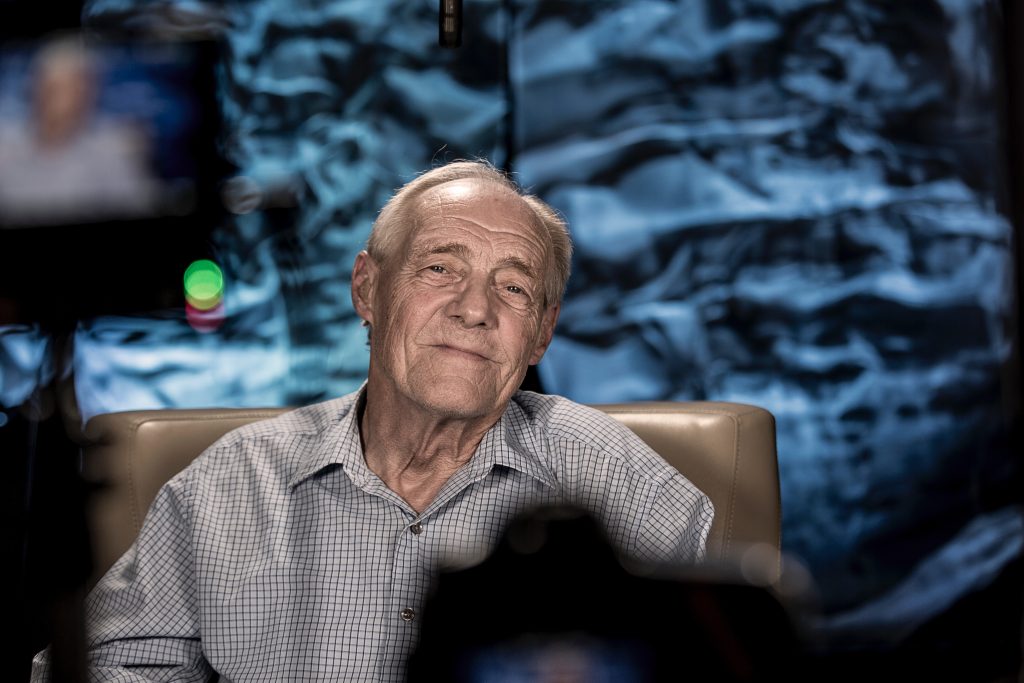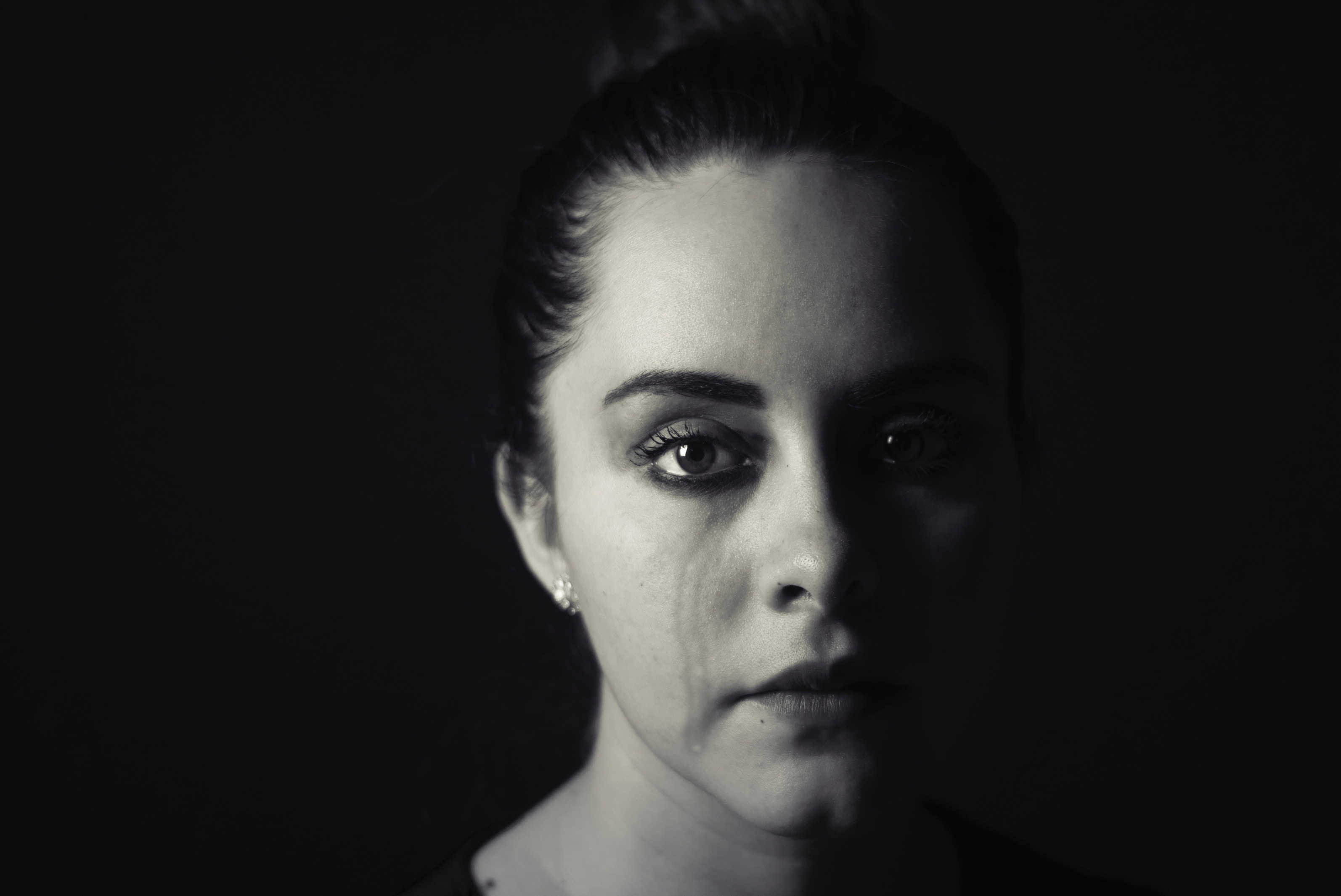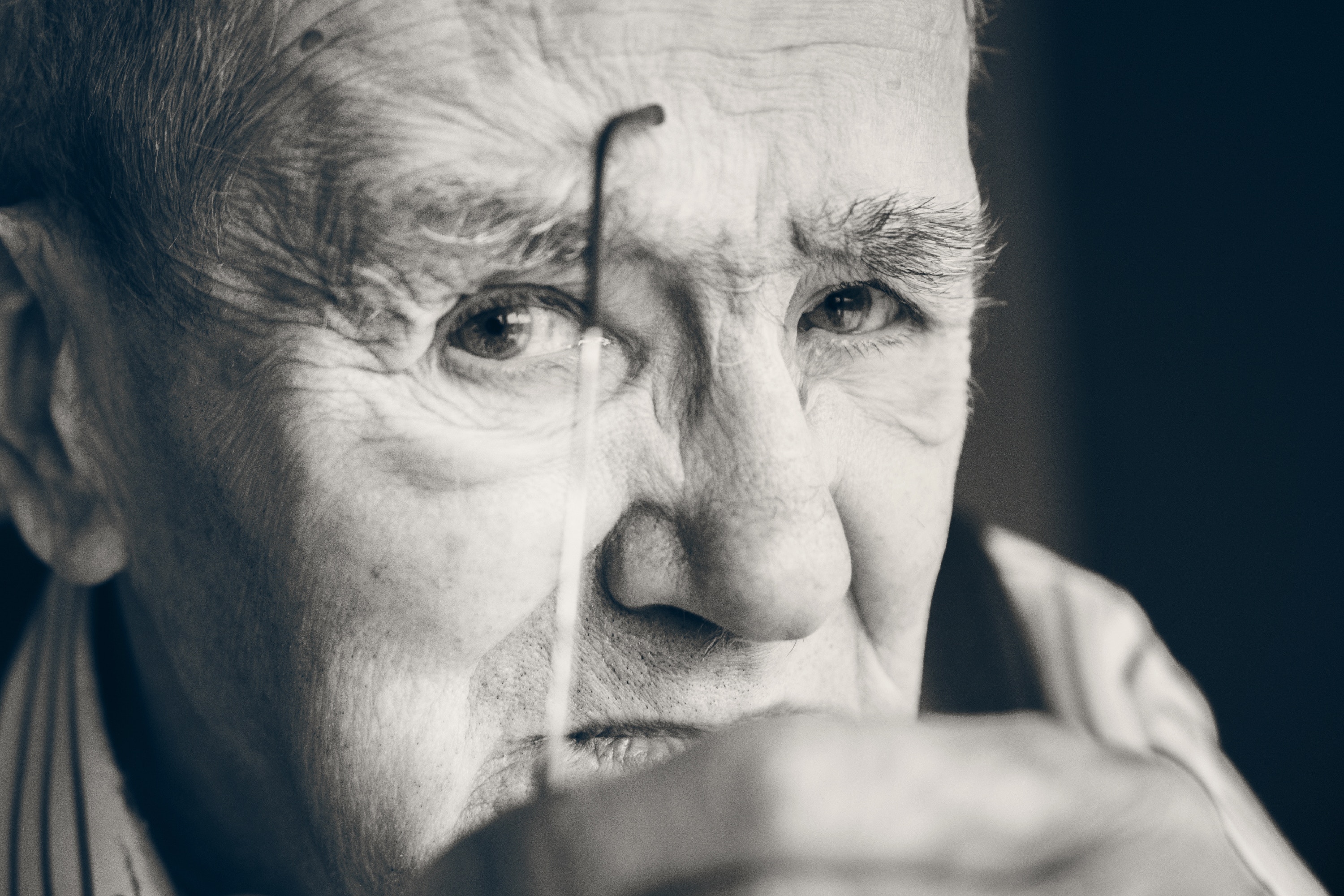How the U.K Views Mental Illness

The U.K has a very diverse view on mental health. Some people believe it’s a serious problem and needs more funding and staff to help people. Others believe this to be untrue. I wanted to know if this was a generational divide or simply people’s opinions regardless of age. This is my first article in what will be a five part series covering this subject.
In this article, I am interviewing the generation that endured the Second World War, the Greatest Generation. The Greatest Generation were born before the end of WW2 and are often perceived to be stuck in the ways of the past. They’re always hankering for ‘the good ol’ days’. They also had a very negative outlook on mental illness. I wanted to know if this was still the case. So I interviewed elderly ladies and gentlemen all born pre-WW2.
![]()
Had you ever heard the phrase ‘mental health problem’ growing up?
Maureen Langley, 86 – No, it wasn’t something that was ever talked about. And it certainly wasn’t anything that we saw as properly treatable. Many words used to describe anyone who was suffering were very derogatory. They were seen as lazy.
Arthur Osborne, 88 – When I was younger, people’s ‘strange’ or ‘abnormal’ behaviours weren’t linked to mental health. It was thought that they were behaving that way on purpose. Illnesses were very much physical back then.
How was being mentally ill viewed when you were growing up?
Mrs Langley – It was viewed as laziness. If you didn’t go out and get a job, or do things that society perceived as ‘normal’, then you were bone idol. Lots of parents covered it up as well because it was shameful.
Mr Osborne – It was shameful to have someone like that in the family. In lots of instances. the person in question was just left to their own devices and were looked upon as ‘simple’ by neighbours and such.
Was there any help available for people who were ill in your generation?
Mrs Langley – There were mental asylums that were becoming more popular. Families who couldn’t cope with the impact the illness had on them would often ship their loved ones off to the asylum. I think they did more harm than good.
Mr Osborne – If doctors became aware of the situation, they would often persuade people that a mental asylum would be beneficial. I understand the ‘treatment’ in those places was barbaric. I think it shows how much medical science has evolved from electric shock treatment.

Has your opinion on mental health changed in recent years?
Mrs Langley – Definitely. It has made me more aware of the struggles that people face, and I think the way we have come to be more accepting has really helped.
Mr Osborne – Yes. Seeing how it no longer carries so much shame has helped people from my generation to understand how serious mental illness is.
Do you feel more comfortable talking about emotions and mental health in the 21st century?
Mrs Langley – As a woman growing up in a society that forced gender stereotypes, I think it would cause more alarm if I didn’t express emotion. However, I’m glad to see that it’s more acceptable for men to express emotion nowadays.
Mr Osborne – Yes I do. The 21st century is a lot more accepting of men talking about their feelings than when I was growing up. Which is helpful.

Do you think talking about mental health more has helped people better understand it?
Mrs Langley – Yes, I think more people talking about it has helped to spread the message that it is very common and is nothing to be ashamed of. And that’s good.
Mr Osborne – I do. It has made me more aware of the different things that can affect people, and how subjects that we brushed under the carpet years ago are things that we need to deal with.
Overall, these interviews have shown me that the Greatest Generation were growing up in a world where mental illness was shameful and something to cover up. I’m glad that the frequent talk about it has helped this lady and gentleman to understand the subject more, and ultimately made them more accepting.
Featured image by JD Mason on Unsplash
First image by rawpixel.com on Unsplash
Second image by Cristian Newman on Unsplash
Last image by Alexandre Debiève on Unsplash
Edited by Viveca Shearin



Responses